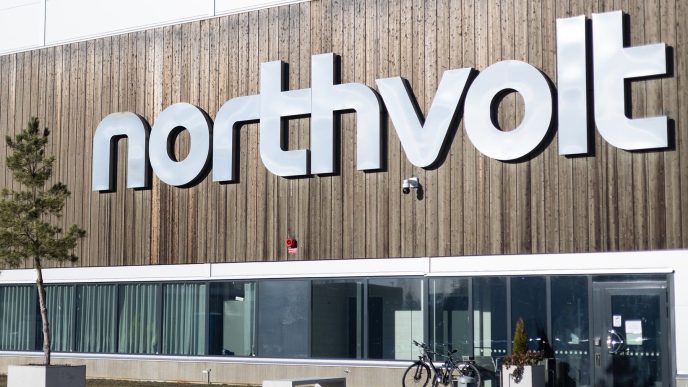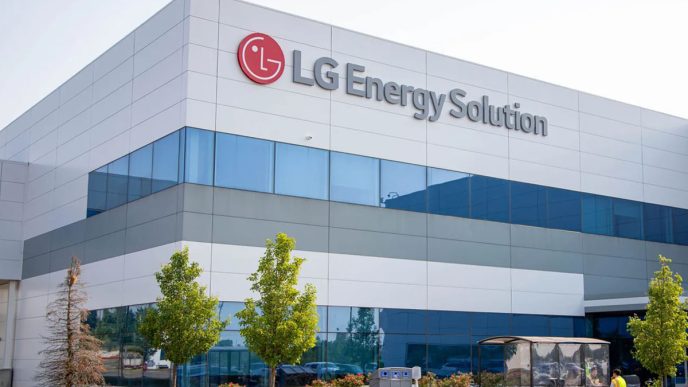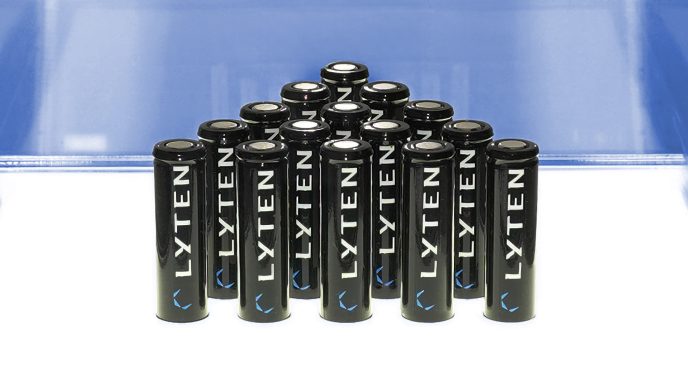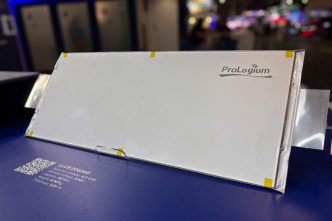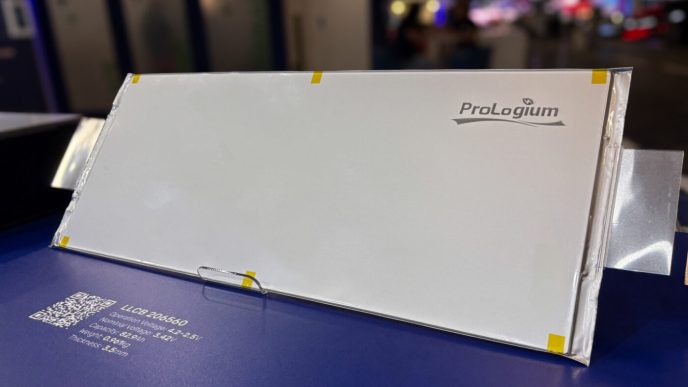Lithium-ion battery prices are expected to fall sharply over the next few years, potentially making electric vehicles (EVs) more affordable for consumers, according to new research from Goldman Sachs.
The report forecasts that the global average battery pack price will drop to $82 per kilowatt-hour (kWh) by 2026, down from $149/kWh in 2023. This represents a 26% reduction from current prices and a significant step towards reducing the overall cost of EV ownership.
Goldman Sachs projects that by 2024, battery prices will fall to $111/kWh, continuing a trend that has seen costs decline from $780/kWh in 2013. This downward trajectory is crucial for the EV market, as lower battery prices could help drive mass adoption.
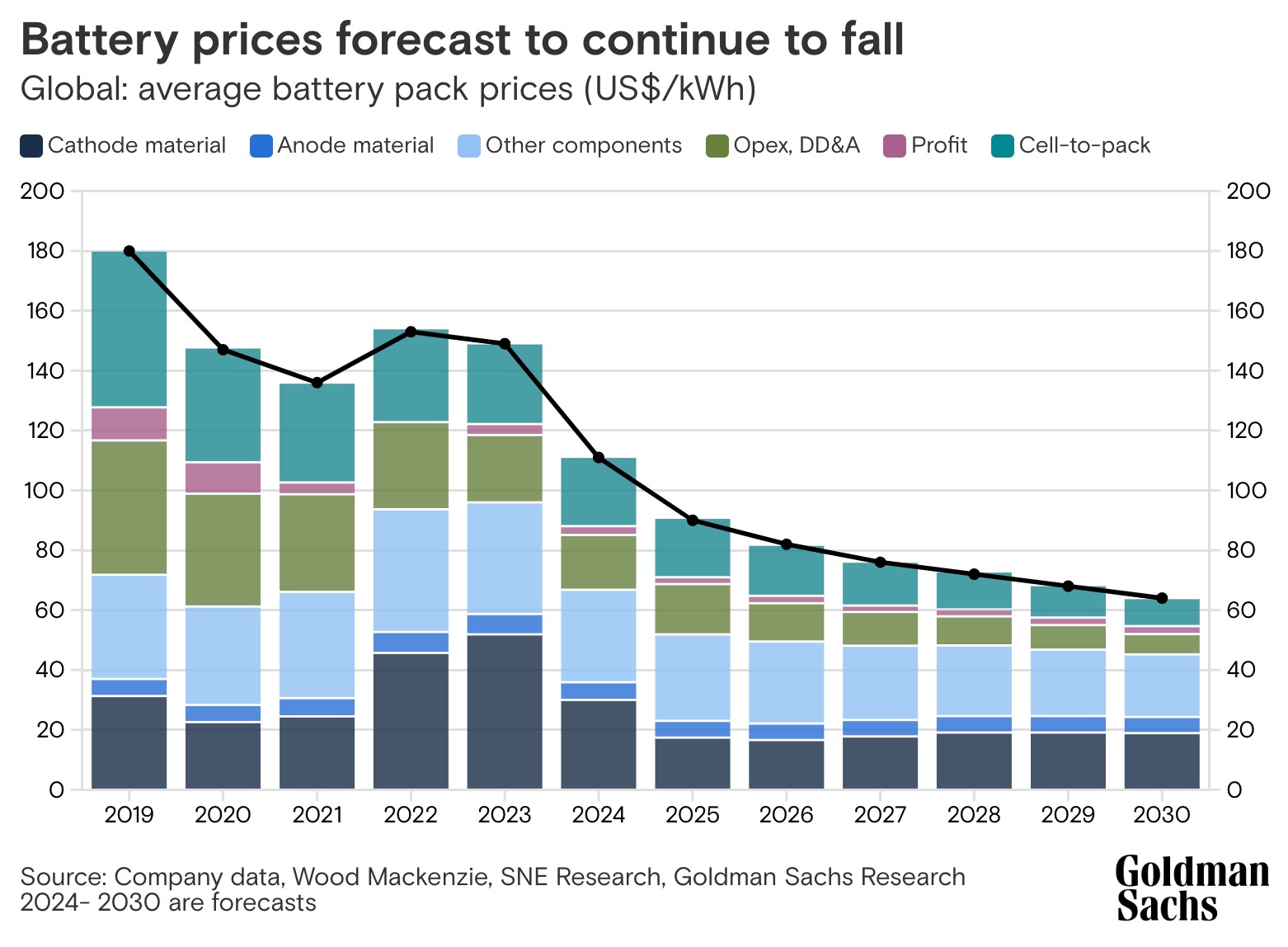
According to the report, achieving $82/kWh by 2026 would allow battery electric vehicles (BEVs) to reach cost parity with gasoline-powered cars in the U.S. without the need for government subsidies.
“We think we’re going to see a strong comeback in demand in 2026 purely from an economics perspective. We believe 2026 is when a consumer-led adoption phase will largely begin,” said Nikhil Bhandari, co-head of Goldman Sachs Research’s Asia-Pacific Natural Resources and Clean Energy Research.
The report attributes the decline in battery prices to advances in technology that have improved energy density, as well as falling costs of key raw materials such as lithium and cobalt. With increased mining and processing capacity coming online, supply chain pressures that previously drove up costs are easing, further supporting the downward trend in battery prices.







